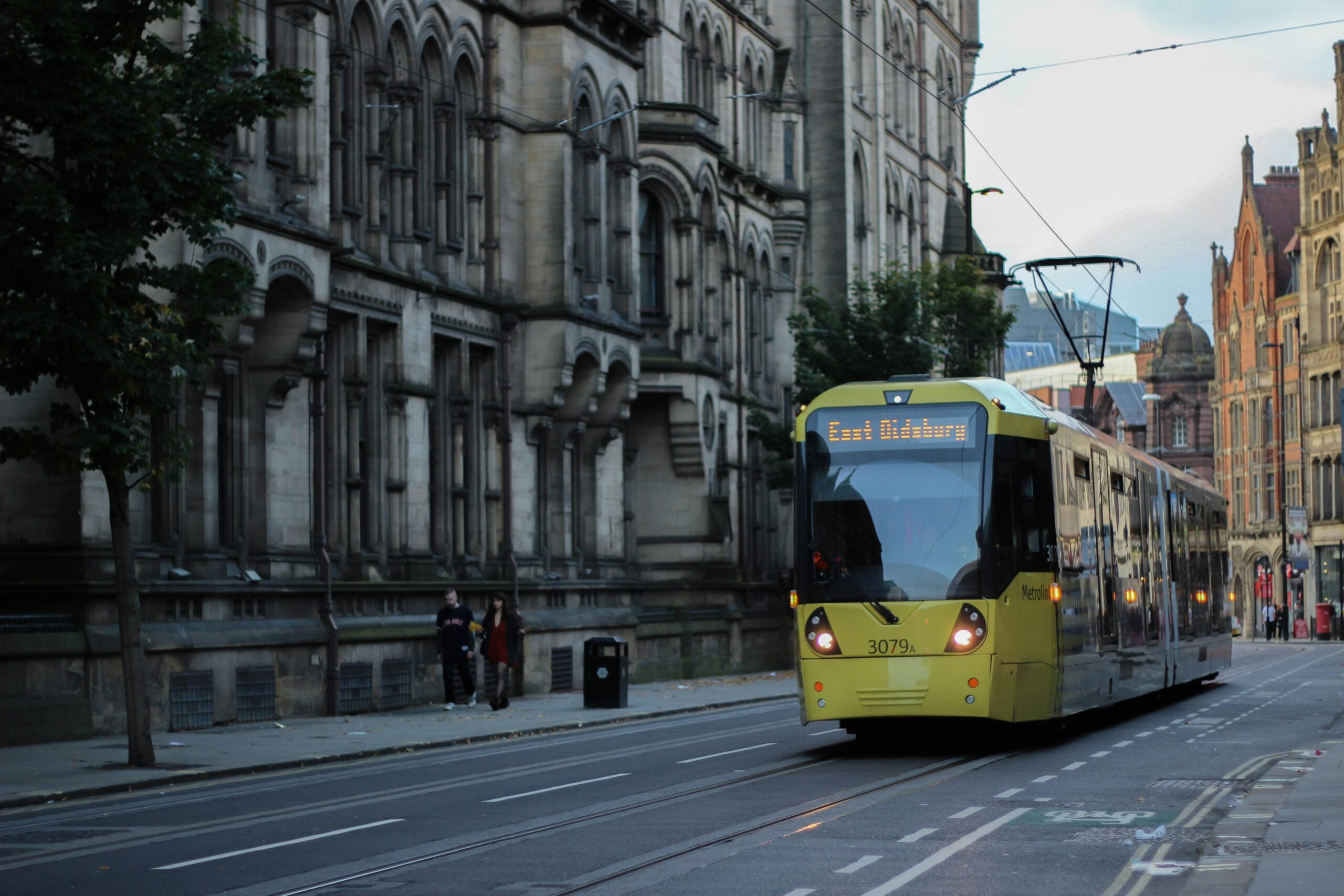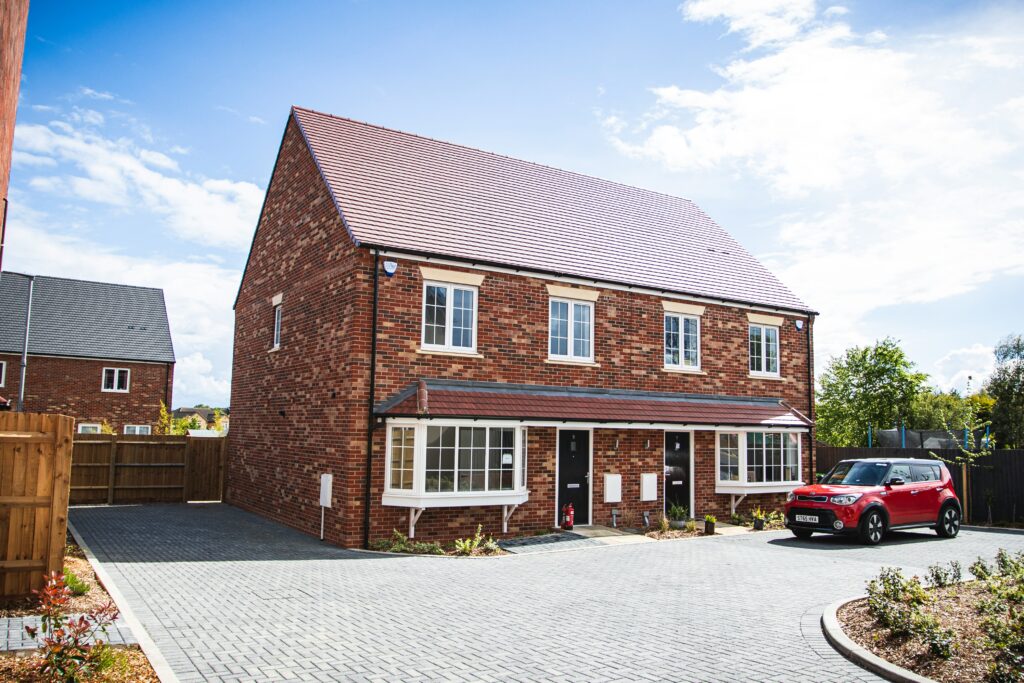
Has the Property Market Slowed in Manchester?
Manchester has long been a shining star of the UK property market. It’s renowned for its thriving economy, vibrant culture and an exciting influx of professionals and students alike.
But is the city’s property market losing steam? If you’ve been wondering about this, you’re not alone. With rising interest rates and increasing pressure on budgets combining with changing buyer priorities, many are asking: has the Manchester property market slowed down?
Let’s take a closer look at the numbers, trends and — perhaps most importantly of all — what it all means for buyers and sellers.
What’s happening with property prices in Manchester?
Manchester’s property market is a tale of contrasts right now, but yes, broadly speaking there is a slowdown here, just like in most other areas in the UK.
House prices in Manchester dipped by approximately 2.3% between November 2023 and November 2024, aligning with broader patterns across the UK, where the average property price has fallen slightly due to rising interest rates and inflation pressures. For context, the average house price in Manchester now stands at £263,000, compared to the national average of £286,000.
It’s not just prices that have dipped. The number of sales completed in Manchester between July and September 2024 dropped by 12% compared to the same period in 2023.
However, not all properties are affected equally. Flats, which often cater to first-time buyers or investors, saw the sharpest slowdown, with prices falling by 3.8% over the year to September 2024.
On the other hand, detached homes — particularly in desirable suburbs like Didsbury and Prestwich — retained their value better, with only a 1.2% decline recorded during the same timeframe. This suggests that family homes in high-demand areas are weathering the storm more effectively.
Rental demand remains strong though. Manchester’s robust rental market is still thriving, driven by its student population and influx of young professionals. Average rents rose by 6.5% year-on-year to October 2024, with the city centre commanding rents upwards of £1,200 per month for a two-bedroom apartment. This strong rental demand helps underpin property values in areas popular with landlords and investors, such as Ancoats and Salford Quays.
Why is the market cooling?
Several factors have combined to create this cooling effect.
Rising interest rates have made mortgages more expensive, dampening enthusiasm among some buyers. The Bank of England’s base rate hikes have particularly impacted first-time buyers, as well as those needing larger loans.
Meanwhile, cost-of-living pressures are forcing many to rethink their property ambitions. Energy bills, grocery costs and everyday expenses leave less wriggle room for saving deposits or stretching budgets for homes with higher price tags.
Finally, there’s the question of supply. It’s true that Manchester has a relatively robust pipeline of new builds — particularly flats in city-centre developments — but ongoing delays in construction and planning mean inventory isn’t as high as it could be, so buyers may find their options limited.
Are certain areas feeling it more than others?
Some areas seem to be holding their own amidst the broader market challenges.
These pockets of market resilience usually have high local demand, exciting regeneration projects and standout amenities. For instance, Didsbury and Chorlton remain highly sought after, with average property prices around £428,000 and £393,000 respectively (as of late 2024). Their appeal lies in their vibrant communities, excellent schools and proximity to green spaces such as Fletcher Moss Gardens. Buyers are drawn to the lifestyle, not just the properties, and this helps sustain demand, even during slower market periods.
Meanwhile, regeneration projects in areas like Ancoats and New Islington have drummed up healthy interest. Once industrial hubs, these districts now boast trendy apartments and cultural hotspots. In fact, Ancoats saw an average price increase of 7.5% year-on-year, reaching around £315,000, thanks to its mix of modern living spaces and local attractions. This shows just how important investment in infrastructure and amenities is when it comes to protecting local property values.
Rental yields also play a big part in the dynamics. With Manchester hosting over 100,000 students and a growing professional population, buy-to-let investors are a driving force in the market. Areas like Fallowfield and Rusholme offer some of the highest yields, averaging around 6-7%, crowning them as hotspots for landlords even as overall market activity slows.
But not all areas enjoy the same resilience. In areas such as Wythenshawe, Newton Heath and Blackley, house prices have faced steeper declines compared to the city centre. Data from September 2024 indicates that outer suburban property prices in Manchester fell by an average of 4.1% year-on-year (according to UKHPI data for September 2024), compared to the city centre, where prices dipped by just 1.8% in the same period.
For example, a three-bedroom semi-detached house in central Manchester might sell for around £320,000, while similar properties in outer suburbs like Gorton or Harpurhey could be priced closer to £200,000 (down from an average of £210,000 the year prior).
What does this mean for sellers and buyers?
For those looking to sell, the Manchester market is still in a good place, but expectations need to be realistic.
Buyers are understandably more cautious, which means properties priced too ambitiously are likely to linger on the market. This is where small upgrades can help, such as repainting or tidying up outdoor spaces, as this can make your property stand out.
It’s also wise to focus on your property’s unique selling points. Manchester is a city of diverse neighbourhoods full of great amenities, and buyers are often looking for specific perks, such as excellent transport links, nearby green spaces or top-rated schools.
Meanwhile, if you’re in the market to buy in Manchester, this slowdown could work to your advantage. Less competition means fewer bidding wars, and buyers may find they have more negotiating power than in previous years.
However, be prepared to act quickly if you spot a property that ticks all the boxes.
Looking to sell your house in Manchester?
Manchester has so much going for it, but sometimes you need to sell up and start a new chapter. Sell House Fast offers cash for houses, meaning you can skip the wait and sell your property quickly, no matter the market conditions.
This means more power and freedom when buying your next property, or a faster, simpler fresh start with the money from your sale.
So why not start by exploring your options — get in touch today for a no-obligation cash offer on your property.


